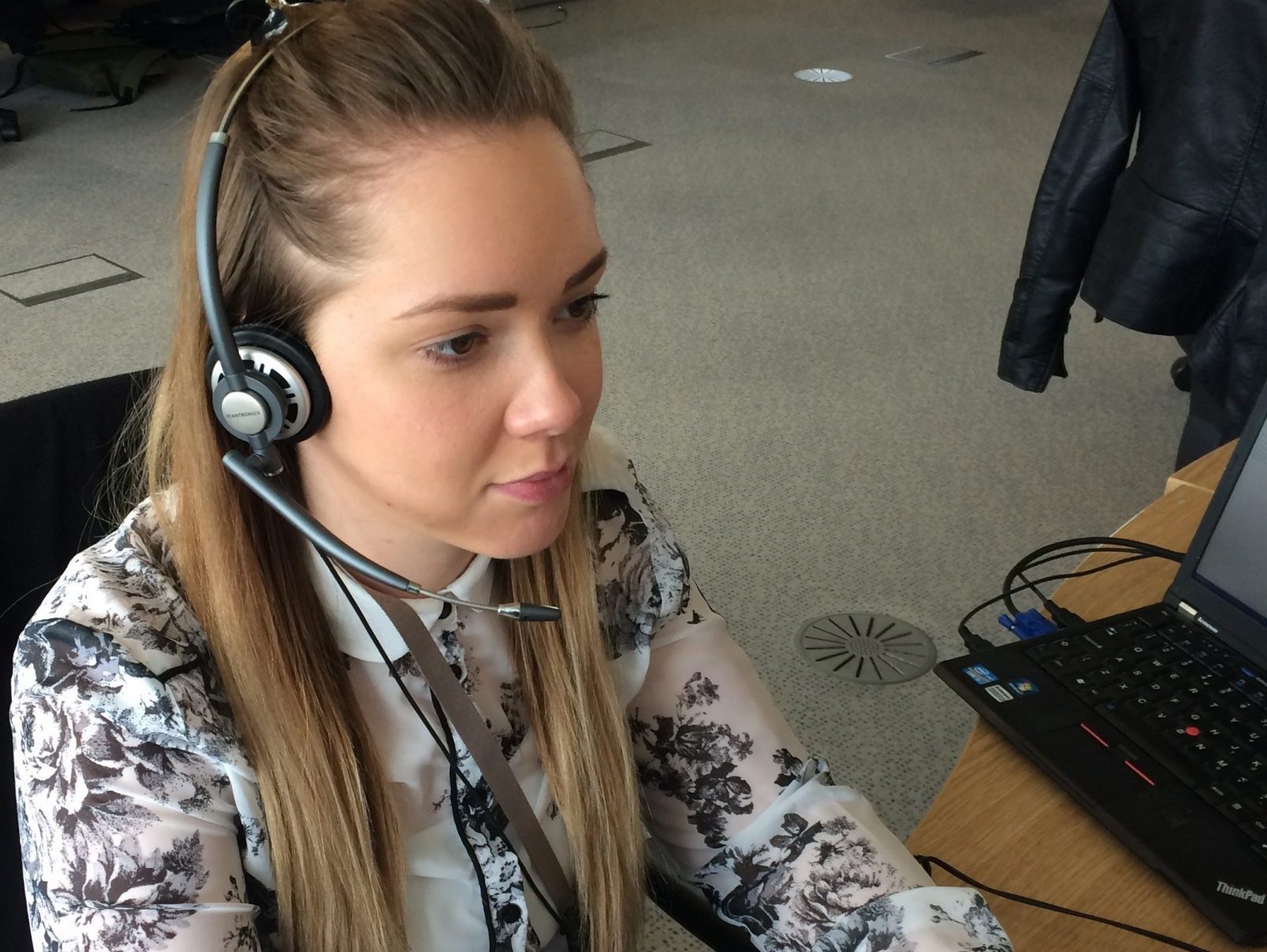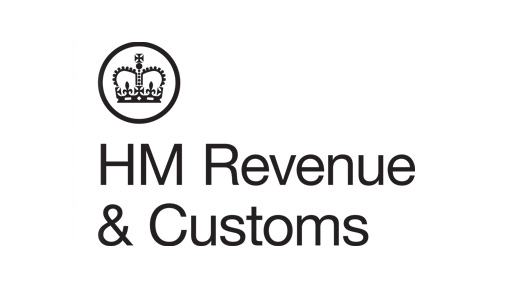Date 2017
Region North East
Size 250-999 employees
Sector Public
backlog of cases waiting to be processed in 2014
number of apprentices recruited to solve the problem
number of apprentices over 4 UK sites in 2015
number of apprentices already promoted
Building resilience in a team under pressure
It worked with City & Guilds to develop an adaptable apprenticeship standard for public service operations and realised they needed a flexible resource that could respond to business needs. “We needed a team to respond to pinch-points in public services”, said Derek Cumberland, Senior Apprenticeship Manager.
This meant a team of apprentices would work both in customer service and processing roles, providing extra support across the Civil Service in crisis moments.
On average, apprentices work on six to eight deployments throughout their apprenticeship. The programme has a clear but flexible structure, with apprentices receiving two days of hub-based training a month, along with training in the processes specific to their deployment.
Apprentices are given opportunities to self-reflect throughout, empowering them to suggest how processes could be made more efficient, and consider opportunities for career progression. The approach has paid off, with apprentices having been deployed to 31 different projects across seven different departments.
Recruiting and progressing
The programme has given apprentices the opportunity to upskill and develop, as well as providing opportunities for career progression in the civil service. Of the initial cohort, 43 have already been promoted, 11 within the SRRT, with others taking on more senior roles during project deployments. Derek said: “Apprentices have been exposed to the work of Government more than many other civil servants, and can join-the-dots in ways that many experienced Civil Servants cannot.”

High performers
In the three years since the programme launched, the SRRT has been deployed to support the Foreign and Commonwealth Office during the Syrian refugee crisis, and assist on the ground following the fire at Grenfell Tower.
The scheme’s progression rate is superb, with apprentices developing key employability skills like data processing, customer service and problem-solving. The apprentices have become integral to the wider HMRC team.
“There is recognition across the board that the SRRT are doing a fantastic job,” said Alison. “They are known as a group of high-performing and high-quality individuals.”
Government departments have reported improvements in operational efficiency, improved customer service, and a reduction in the need for agency staff. Derek said: “The SRRT has a reputation as a hub for efficiency, resilience, and a can-do attitude.”
Meanwhile, the programme continues to evolve. “It’s a two-way learning process,” said Derek. Since the scheme launched, the apprentices have listened to feedback and improvements have been made to support their well-being, particularly whilst working away from home on demanding work projects.
The SRRT is looking forward to the future, and to developing the capacity to increase to 500 apprentices. What’s clear is that apprentices will remain a vital component of HMRC’s operations.
Interested in finding out more about joining the SRRT? Have a look on the HMRC website: https://www.civil-service-careers.gov.uk/departments/working-for-hm-revenue-and-customs/


0 Comments